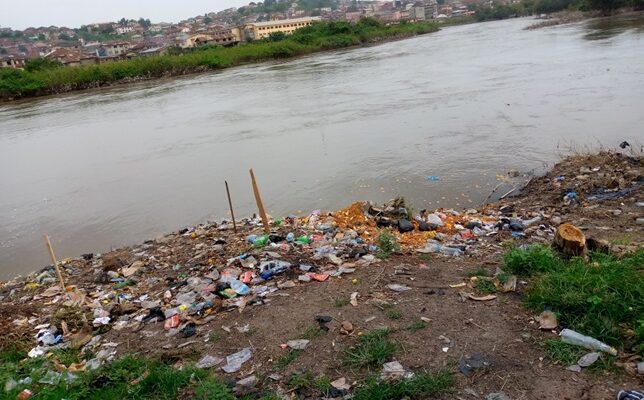As concern for the environment continues to grow, one of the most pressing issues that governments must address is water pollution. The contamination of our water sources has far-reaching impacts on both the environment and human health, making it a crucial area for action. In this article, we will delve into the causes and effects of water pollution and discuss why government intervention is necessary to combat this environmental issue.
Water pollution is the introduction of harmful substances or chemicals into our water sources, such as rivers, lakes, and oceans. These pollutants can come from a variety of sources, including industrial activities, agricultural practices, and everyday household waste. Oil spills, chemical runoff from farms, and sewage discharge are just a few examples of the sources of water pollution.
The effects of water pollution are devastating. It not only harms aquatic life but also impacts the health of humans who rely on these water sources for drinking and recreation. The contamination of water sources can lead to the spread of diseases, such as cholera and typhoid, which can be fatal. Furthermore, polluted water can also have long-term effects, such as causing birth defects and various forms of cancer.
The responsibility to address water pollution lies in the hands of governments. It is the duty of governments to enact and enforce laws and regulations that protect our environment and ensure the well-being of their citizens. Some of the necessary actions that governments can take to combat water pollution include:
Strict enforcement of regulations: Governments must implement and enforce laws and regulations that limit the amount of pollution that industries and other sources can release into water sources. This can include stricter penalties for offenders and regular monitoring of their compliance.
Investing in wastewater treatment facilities: One of the main contributors to water pollution is untreated sewage discharge. Governments must invest in modern and efficient wastewater treatment facilities to prevent the release of harmful substances into water sources.
Promoting sustainable practices: Governments can also play a role in promoting sustainable practices in industries and households. This can involve providing incentives for businesses that adopt eco-friendly practices and educating citizens on proper waste disposal methods.
Collaboration with other countries: Water pollution is a global issue, and governments must work together to address it. International cooperation and agreements can help in effectively tackling transboundary pollution.
Investing in research and innovation: Governments should also invest in research and innovation to find new and improved solutions to water pollution. This can include funding for research projects and supporting the development of technologies that can prevent or reduce water pollution.
In conclusion, the issue of water pollution is a complex and urgent problem that requires the intervention of governments. It is essential for governments to take necessary actions to prevent and control water pollution to protect both the environment and public health.
By enforcing regulations, investing in infrastructure, promoting sustainable practices, collaborating with other countries, and investing in research and innovation, governments can make a significant impact in mitigating the effects of water pollution. As citizens, it is our responsibility to hold our governments accountable and advocate for their actions towards a cleaner and safer environment for all.
– Benjamin Ibrahim, a retired Permanent Secretary, writes from Lokoja.




